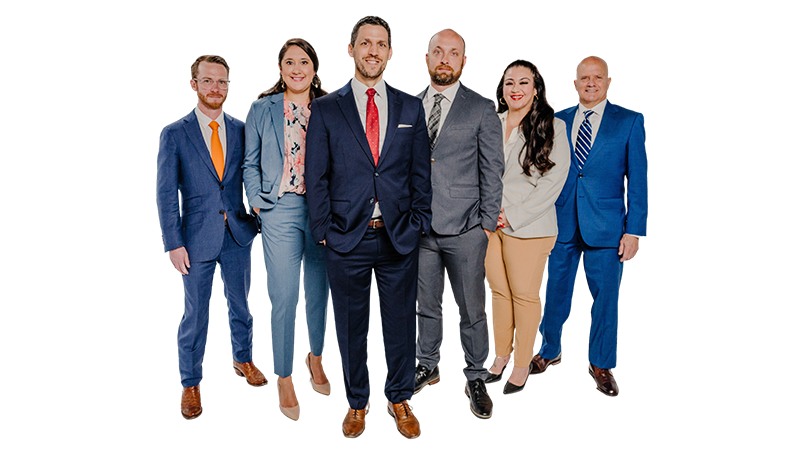If you discover an error during the discovery process, it is very important to make the proper decision on how to use that. This is because it can depend on many things, such as the prosecutor assigned to the case and what our strategy is in the case. In some instances, because we know the prosecutors and we have experience with those prosecutors and the judges, we may feel like this is something that we can share with the prosecutor that will allow us to get the case dismissed, or to get a favorable result such as the reduction of the charge to a non-DWI offense. That happens frequently. Other times, because we know the prosecutor, and we know what is likely to happen if we share that information, we know that we don’t want to share that information. That’s something that we want to hold back until we go to trial. Then we can use that at trial to our client’s benefit, without the prosecutor having advance knowledge of that, or the ability to prepare and rebut that evidence that we present.
It’s important for the attorneys dealing with discovery in DWI cases to be familiar with the prosecutors, the courts, and the procedures, in order to know whether or not we share that information to get a good result, or hold that information for ourselves and then use it at trial.
Plea Of Guilty Or Not Guilty Prior to The Discovery Process
It’s possible for any court to ask the client to enter a plea. That’s usually not done until further down the road when the attorney for the client has announced to the court whether or not there’s going to be a result reached by agreement or a trial. Anytime there is an early request for the entry of a plea, then we enter a plea of not guilty on behalf of our client. However, the usual procedure is that they don’t have to enter a plea until further down the road, when there is a decision about whether or not there’s going to be a resolution by agreement, such as a plea bargain, or an actual jury trial.
Rules of Discovery
Discovery rules are there to protect the defendant, and help the defendant at trial. Ultimately, discovery rules exist to level the playing field, so that the accused citizen can know what they are up against. They will know what evidence the prosecutor’s going to use against them, to prevent the prosecutor from trying to surprise them with new evidence at trial that they had not disclosed to the defense.
Uses of Evidence in Fort Worth DWI Cases
Prosecutors can spring evidence on defendants, and that’s why clients need to have experienced attorneys who know how to prevent that from happening. We know how to prevent that from happening, by making the proper motions and getting the proper rulings from the judge. This way, they are ordered to provide all of these things, sufficiently in advance of trial, so that we can’t be surprised by it, and they can’t come up for something new at the time of trial. If they come up with something new, we object and because we took the proper pre-trial steps, the judge does not allow it to be heard or viewed by the jury or considered as evidence against our client. There are additional steps that can be taken so that we can demand that they disclose to us any experts they will use at trial. If they don’t disclose that sufficiently in advance of trial—usually with a specific deadline given by the judge, no later than 20 days before the trial—and they try to call some person as an expert, then we can keep that person from testifying because they didn’t disclose that person to us sufficiently in advance to the trial.
Something else that experienced attorneys in DWI cases knows is that sometimes officers are testifying on certain issues as experts. If we think that’s going to happen, we will demand disclosure of any experts. Many prosecutors and defense attorneys don’t know that this can be done. When they call that officer to testify, and they try to go into the area of testimony that actually requires expertise, which means an expert, then we can object because this was not disclosed to us in advance of trial. The judge keeps the prosecutor from being able to go into that evidence. Frequently, that can be the difference between winning and losing.
(682) 204-4066 We cannot receive pictures via text so please send those via email or hand deliver to our office.
(682) 204-4066 No podemos recibir imágenes por mensaje de texto, así que envíelas por correo electrónico o entréguelas personalmente en nuestra oficina.







